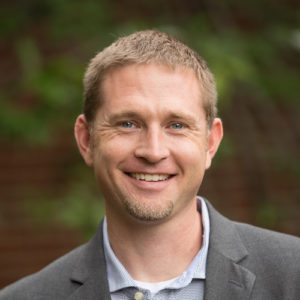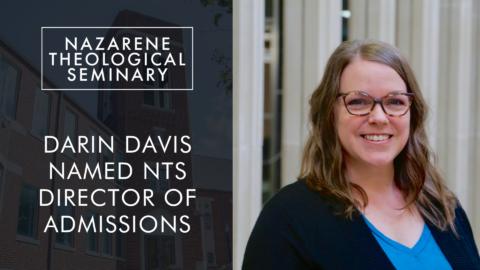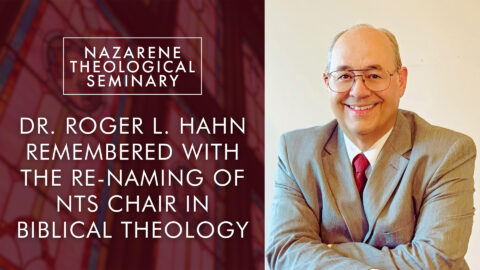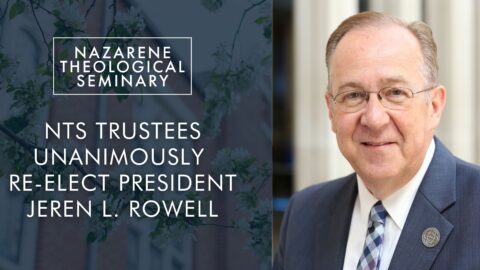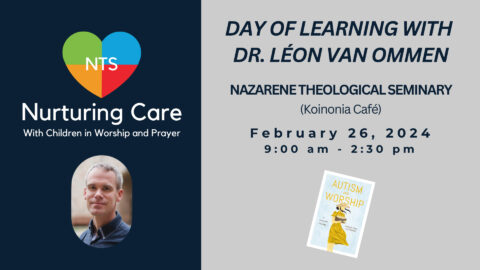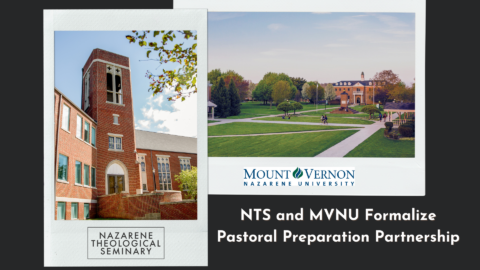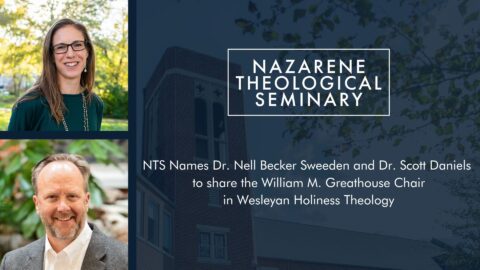September 2020
“I think therefore I am.” René Descartes’s famous adage reverberates over the last centuries and remains indicative of the modern notion that humans are ultimately thinking things. We are told “you are what you think,” so invariably we focus our time and resources to instill ‘right thinking’. Indeed, many ministers and educators entered their vocations with the conviction: “if I could just get people to think right…”
Count me among them. My early interest in theology was fueled by an assumption that correct understanding (which generally meant thinking the way I thought) would ensure greater Christian faithfulness and witness in the world. I have wondered, in fact, how many seminaries and theological schools were birthed in the nineteenth and twentieth centuries with the unconscious and unstated mission to make students think right.
Certainly, learning to think well—deeply, thoroughly, theo-logically—is part of the work of all Christian education. For seminaries it is explicit. Students are here to grow in their knowledge of God and deepen their understanding of the faith. But learning to think well is different than being made to think right. Just like sapiential knowledge (wisdom) remains different than cognition. The former suggests a process, a journey, a work of cultivation in which a seminary functions as the seed plot where Christian wisdom is nurtured and nourished. As we are reminded in the Romans 12:2, learning to think well—renewing our minds—includes transformation. Frequently this requires some de-formation prior to our re-formation which is only partially, at best, about filling our heads with the ‘right stuff’.
Learning to think well entails recognizing that you are more than what you think. As James K.A. Smith notes, “‘You are what you think’ is a motto that reduces human beings to brains-on-a-stick…such thinking-thingism assumes that the ‘heart’ of the person is in the mind.”[1] But we are defined not by what we know, but by what we desire. “We cannot think our way into holiness,” Smith writes, we must attend to what we love. John Wesley similarly argued that true religion is not merely comprised of right thinking (opinions or doctrines) or right practices (rites or forms). Instead it requires ‘religion of the heart” whereby our loves are properly oriented toward God and neighbor. For Wesley this “implies happiness as well as holiness” and a “peace and joy in the Holy Ghost…which ‘passeth all understanding.’”[2]
It should not elude us that a right heart implies happiness and holiness, a peace that passes all understanding. When our heart is right, we are at home with God and rest in the assurance of God’s grace and provision. On the other hand, the preoccupation with right thinking often emerges in our seasons of anxiousness and insecurity. We assume right thinking can save us. As though our amygdala sent a distress signal and our fight or flight response is triggered, we turn inward. Not a bad survival technique for an animal, but idolatrous for God’s people. We don’t study theology or prepare for ministry so we can save ourselves. That is not the gospel. In fact, a preoccupation with right thinking can leave our hearts exposed, and there are plenty of other loves (power, preservation, position) eager to fill the void.
I reflect on the exaggerated notions of getting people to think right, I suppose, because NTS just launched its 75th academic year in a world marked by uncertainty and turmoil and with a church deeply divided and anxious about its future. What does all of this mean for Christians and their witness in the world? For the church and its calling “for such a time as this” (Esther 4:13-14)? (Note that Mordecai’s words to Esther are a reproof and a call to action). There will be moments, rest assured, when I and other Christians will grasp for certainty and attempt to simplify faith saying, “think right! Like me.” But there will be greater moments, and plenty of them if we have eyes to see and ears to hear which will offer the subtle reminder, “though I may speak in tongues of mortals and of angels…have prophetic powers, and understand all mysteries and all knowledge…and have all faith…but have not love, I am nothing” (I Cor 13:1-2).
NTS’s Purpose Statement appropriately channels a bit of the Apostle Paul and John Wesley, “In community we desire to know and love the Lord, walk with the Lord, and speak of the Lord, increasing our commitment to Christ and his service.” In truth, we cannot sufficiently speak of the Lord without knowing, loving, and walking with the Lord. Love of God and love of neighbor are the antecedent to all theological knowledge.
Dr. Josh Sweeden
Dean of the Faculty & Professor of Church and Society
[1] Smith, James K.A. You Are What You Love: The Spiritual Power of Habit. Grand Rapids, MI: Brazos Press, 2014, 3.
[2] John Wesley, “The Way of the Kingdom.”


